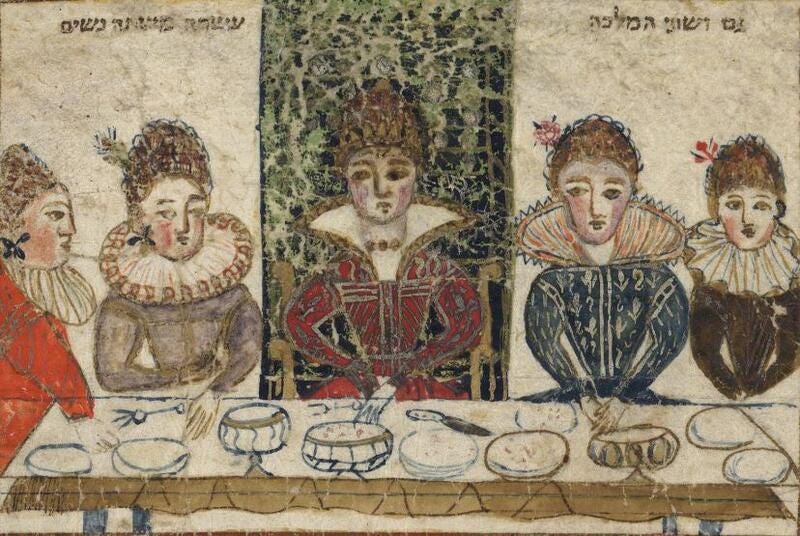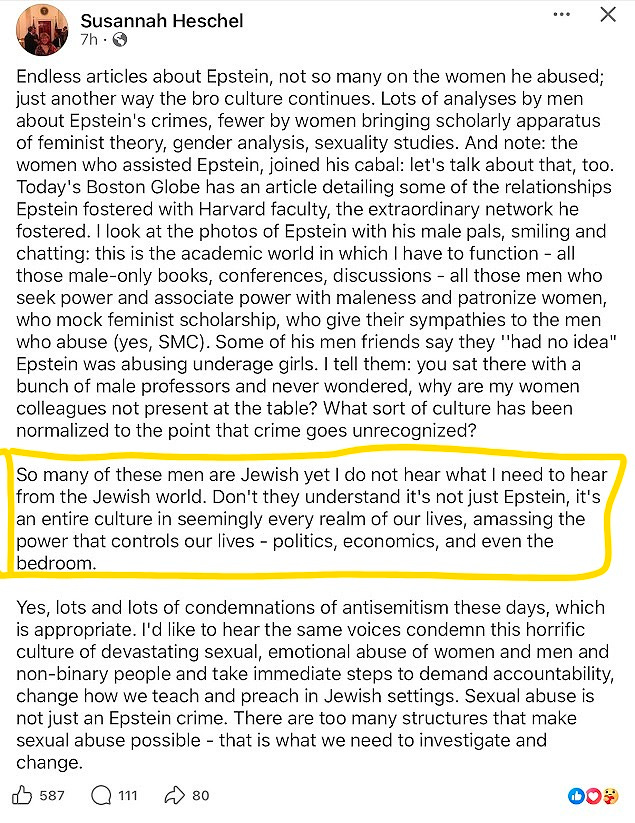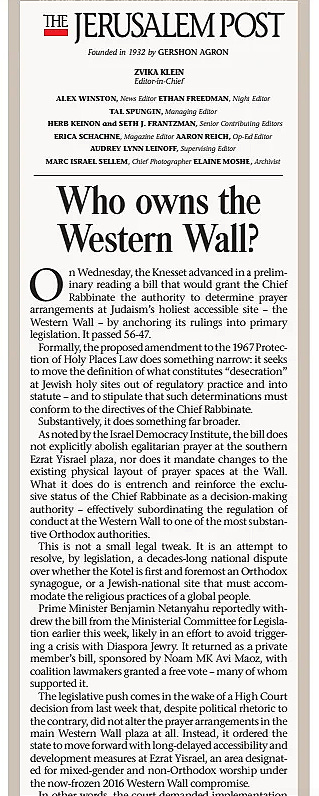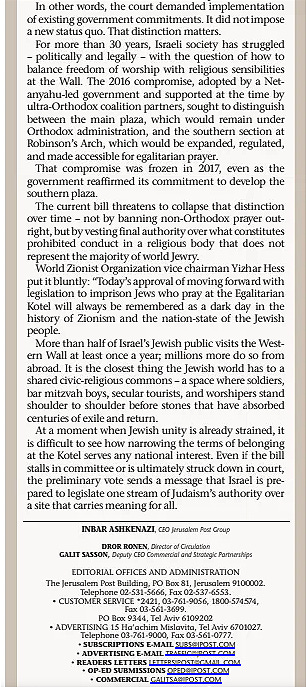
The #MeToo movement, which prompted the cancelling of such icons as Harvey Weinstein, Woody Allen, Matt Lauer and Charlie Rose, somehow gave only glancing blows to the ones most responsible for the plague of misogyny that afflicts our society: Jeffrey Epstein and Donald Trump.1
#MeToo 2: The Sequel is changing all that.
Trump’s offhand “joke” belittling the US Women’s Hockey gold medalists last Sunday was almost innocuous, except that it pointed to far greater transgressions. As sports columnist Tara Sullivan wrote in The Boston Globe:
Women, particularly those in sports or other traditionally male-dominant spaces, have come to expect nothing less from a political career based on baseline misogyny. But that no one else in that moment seemed to realize or even acknowledge how demeaning it was to laugh out loud at the idea of equal inclusion for the similarly golden women’s team is such a disappointment.
As Sullivan pointed out, it was not enough for the male champs to clarify that they do support the women and even “hang out with them,” as one said, they needed to apologize simply for laughing at Trump’s “joke” and playing along with the idea that the women’s gold medal was somehow second-class.
Trump should have apologized too, for not reaching out to congratulate the women while they celebrated - it would not have been the first time his voice would have been heard in a women’s dressing room, after all.
Trump used the “locker room talk” excuse after the Access Hollywood revelation. This time the affront literally took place in a locker room, but still, “Boys will be boys” is no excuse for mistreating women. With Purim just a few days away, we are reminded that “locker room talk” can quickly devolve into locker room stalk. In chapter one of Esther, Queen Vashti2 is ordered to parade naked before her king’s bros and mega donors; she refuses, but with real world consequences: execution for her and an executive order that all wives in the kingdom must obey their husbands.
Hardy har har.
So much for “just a joke.”
Trump’s slight of the gold-winning women was so expected as to appear almost innocent, and I don’t believe it was premeditated. He just doesn’t give women a second thought as human beings. To him, they are just pieces of meat, that is if they are attractive enough to draw his eye. Rosie O’Donnell need not apply. And if they are black, they are “low IQ” pieces of meat.
This week’s incident may be relatively innocuous, but it points to a deeper truth. It is almost impossible to estimate how much damage Donald Trump and his pal Jeff Epstein have done to an inestimable number of women, even aside from the girls and women most directly abused3
The Dobbs decision alone has resulted in a significantly higher rate of maternal mortality during pregnancy and childbirth, especially in abortion banning states.
Rates of Domestic Violence have become unspeakably high during the Trump era. On average, nearly 20 people per minute are physically abused by an intimate partner in the United States. Treating women like chattel, a Trump/Epstein specialty, undoubtedly has had something to do with that.
Even early on in Trump 2.0, it was clear that White House policies would apply a sledgehammer to healthcare and family planning, anti-sex discrimination in the workplace, hunger and childcare and victim’s rights. It’s only gotten worse. See this primer, “A Threat to Women,” put together by Congresswoman Rosa DeLauro almost a year ago:
I came across a significant posting by Dr. Susannah Heschel, professor of Jewish studies at Dartmouth, a noted Jewish feminist and daughter of the iconic social justice prophet, Abraham Joshua Heschel. Here’s what she wrote:
Heschel scratched the itch that has been tormenting me lately, more and more with each day’s revelations from the Epstein files. Powerful men, respected men, with names like Bill Gates and Ehud Barak, as well as long-confirmed creeps, and so many of them: Republicans, Democrats, Brits, French, Israelis, Russians, and did I say Russians….rich, and, well, richer. So many people, all of whom shared one thing in common - that women for them were pieces of meat. The press sometimes calls their most victimized subjects “underage women.” Epstein and his cadre had other euphemisms for them. But there is no such thing as “sex with an underage woman.” It’s called raping children. And if they are a little older - listen up, Megyn Kelly - they are still children and it is still rape.
Trump used the “locker room talk” excuse after the Access Hollywood revelation. This time the affront literally took place in a locker room.
Of course Trump denigrated the women’s hockey team. This is the guy who drew the birthday scribble for Epstein (see it on CNN’s YouTube channel while you still can!), and this is the guy in the Access Hollywood video. That’s the same guy. The guy from the Epstein files, whose alleged victim’s rape accusations were quite possibly illegally removed by the DOJ. We know who he is. And we know what women are to him.
But Heschel doesn’t let the rest of us off the hook. The misogyny built into our culture is similar to other cultural ills that afflict us, racism, antisemitism, and religious supremacism included. But since misogyny victimizes half the population, even those who willfully submit to inferior status, it requires more immediate attention.
In the Jewish world, second class status for women is somewhat baked in, a given for those who live within the traditional realm. Many women choose that status willingly. Mazal tov to them. But in Israel, where only the most traditional streams of Judaism are officially recognized, this can mean that women are not allowed to lead public worship at our holiest site, the Western Wall. There’s an imbroglio going on right now that might remove the one spot in the Wall’s plaza where egalitarian prayer has been allowed. It’s a major attack on half of world Jewry, the non-Orthodox streams, but thus far, many of the (primarily) men who run major American Jewish organizations are not rushing to the defense of women’s rights for egalitarian prayer.4
In a sermon that I delivered during the height of the #MeToo tsunami, I shared the words of Brandeis professor Keren McGinty, who wrote, “It’s time for the Jewish community to face its own #MeToo crisis. If we want to create positive cultural change for ourselves and for our daughters, women must speak out and the Jewish community must act— regardless of the individual’s position or influence.”
Go back and read it, or listen to the sermon here.
At its conclusion, I make the following suggestion:
Real reconciliation between the sexes will only happen when we create a new structure, a transformed culture, where these offenses will stop happening.
The rabbis of the Talmud were amazing and wise leaders, but they lived in misogynistic times that colored their own views of women – and of men. The rabbis both revered and feared women, seeing women as mysterious and dangerous creatures and men as weak and susceptible to temptation. What they feared most was their own lack of self-control. So, they proceeded to create barriers to keep themselves and other men from succumbing. Unfortunately, most of those barriers came at the expense of women.
But in some ways the rabbis were quite progressive for their time. Here are three key examples:
The marriage document, the Ketuba, was designed to protect women from abandonment, something that was widespread at the time.
Second, Ashkenazi Jews banned polygamy long before it was banned by cultures around them.
And last but not least, there is overwhelming consensus in Jewish law that the life of the mother always takes precedence over her unborn child. A fetus is a life, but not yet a human life, and therefore abortion is not murder. With all the meshugas that goes on with the rabbinate in Israel, abortion has never been controversial.
Columnist Christine Lemba wrote in The Washington Post that the task for the next generation is to develop a sex ethic that is not just a set of rules but also truly respects the human person. At a time like these, maybe the best advice is to stop treating other human beings as objects, in the office, online, at home — or anywhere.
Martin Buber believed that one meets God through one’s encounters with other human beings. He said, “When two people relate to each other authentically and humanly, God is the electricity that surges between them.” We also need to restore a sense of equilibrium between the sexes, as it was way back in the beginning, in Genesis 1, when men and women were created simultaneously, as equals.
When people cease to treat others as objects, relationships can be three dimensional and authentic, rather than manipulative. In that environment, even office banter that might be perceived as slightly flirty might not be an excuse to take out that can of mace.
The Hebrew words for he and she, Hu and Hee, are almost identical. Just a little break in the letter vav. Often in the Torah, the two words are often interchangeable. Sometimes it’s written as “hu” but pronounced “hee.”
In Kabbala, the emanations of God are both masculine and feminine, and there is a yin-yang type of balance between masculinity and femininity in the universe. That balance has gotten all out of whack. But it’s not just about men and women. I bet you didn’t know that in rabbinic Judaism, there are actually seven genders – not two. Along with male and female, there are other categories that reflected the real-life world of the rabbis, a world of gender fluidity where some people possessed androgynous physical features.5 We need to grow beyond old stereotypes.
You can see that we have a lot of work to do. We can’t blame this worldwide epidemic of misogyny on Trump and Epstein alone.
But we need to use the revelation of the Epstein files as a teachable moment. So that maybe this time, we can truly make things better and finish the job that #MeToo started. No more locker room jokes.
No more “Boys will be boys.”
Maybe they should try becoming men.
Given that Purim is just a few days away, check out the following essay from the Hartman Institute on the status of women in biblical Shushan: Women in Shushan: Playing by the Rules and Winning.
See Times of Israel - https://www.timesofisrael.com/progressive-jews-sound-alarm-over-bill-cementing-orthodox-control-of-western-wall/ - Jewish Federations of North America: WHERE ARE YOU? See this editorial in Thursday’s Jerusalem Post. It’s a big deal.
For those who are curious about that, here’s a link for more information.


